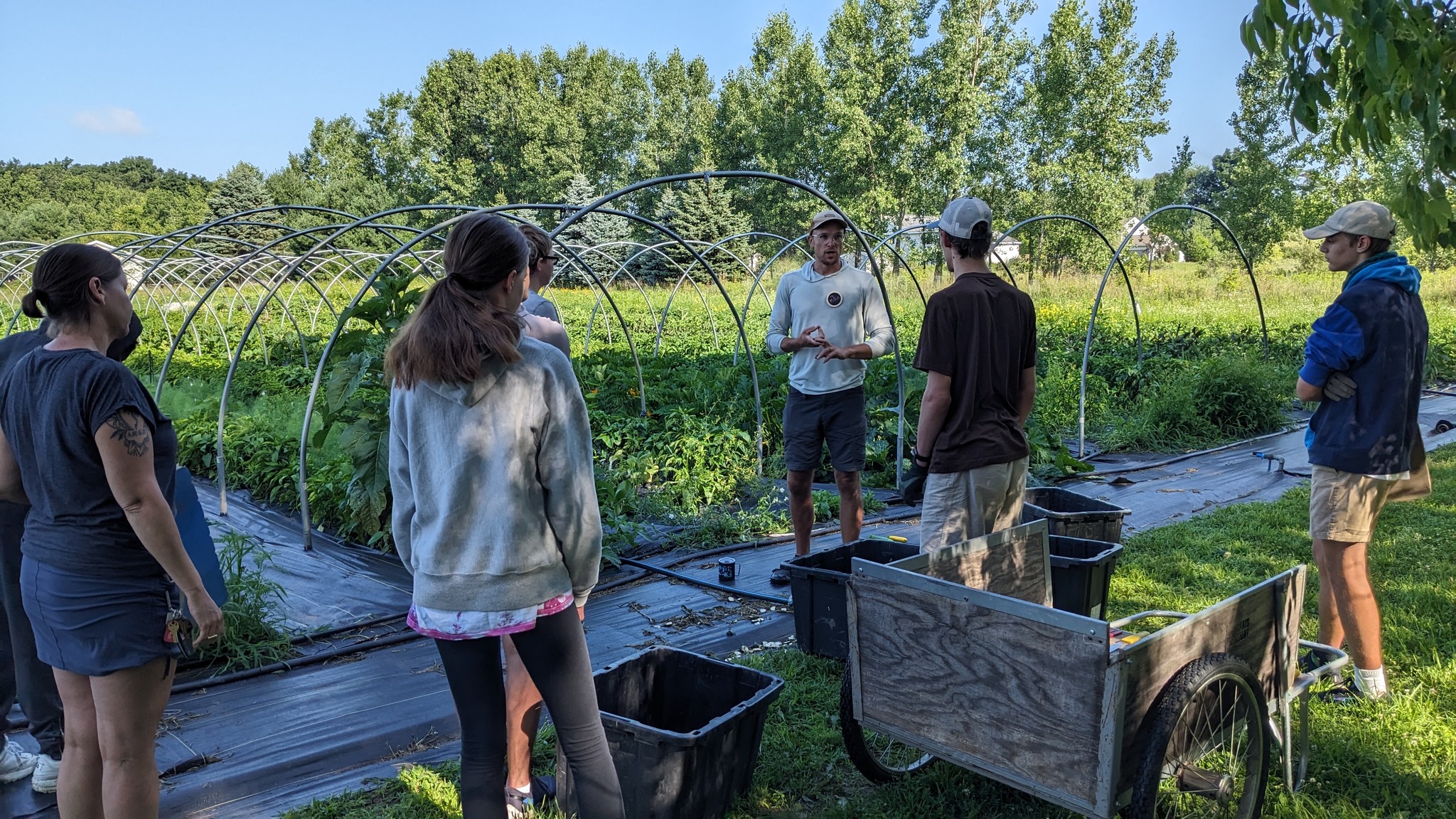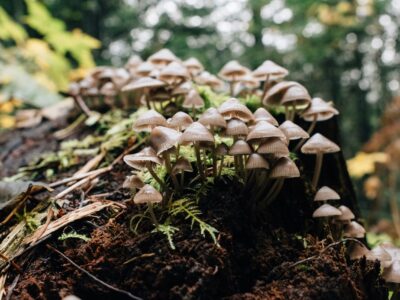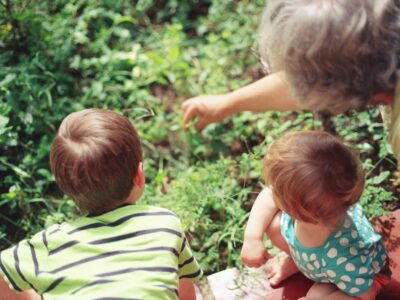When the world’s problems seem too big to solve, it helps to visit places like Plainsong Farm.
Plainsong Farm is situated on twelve acres of land twenty minutes north of Grand Rapids, Michigan. It is a “living laboratory” for food and faith to grow together by the work of the hands that serve it.
The name “Plainsong” arises from the Benedictine tradition of sung prayer and the Benedictine community’s vow to care for one place for a lifetime. Plainsong Farm finds that dedication inspiring. In the grand scheme of agricultural enterprises, these twelve acres show off what a little land and love is capable of.
Food Access and Faith Enrichment at Plainsong Farm
Several values drive the leadership at Plainsong Farm, including improving food access and equity in the world, climate and creation care, and service and spiritual formation.
Faith and farming have always been close companions, as near and necessary to one another as breath and water. After all, someone had to grow the wheat and crush the grapes used for the bread and wine at the last supper.
Plainsong Farm works to remarry faith and food for visitors through its programming. Volunteers come in to help with the agricultural work on the farm as well as to help facilitate the work of the land with various school groups and youth groups. The farm’s produce is distributed through a CSA, or Community Supported Agriculture. Through CSAs, locals can buy a share and then reap the benefits of the harvest that year. Food is also distributed in the community.
As part of the Episcopal Service Corps, several young adults spend a year living on the farm in a community engaging in different spiritual practices. Each Fellow has a different role based on their gifts and strengths: some are storytellers, who share the history of our land and help people connect their own personal stories to their faith; others are more focused on farmwork or hospitality or educational leadership.
Reuniting a Divided Spirit for Greater Wholeness
Image: Plainsong Farm
For Katharine Broberg, Volunteer and Visit Coordinator, Plainsong Farm is about integrating two parts of the self that have long been separated: a deep, spiritual part and an equally passionate gardener/earthkeeping part. There aren’t a lot of places in society that overtly connect the natural and the spiritual in such a way. Serving on the farm not only offers this opportunity but also gives people the chance to help other people connect their spiritual and physical lives again as well, even if it is just for one day.
In addition to the labor of the land, Plainsong Farm offers other seasonally appropriate spiritual enrichment activities, including seasonal worship services, a summer Sabbath at the farm, weekly intergenerational time outdoors, Advent hikes, and a Holy Saturday lament for the watershed. Everything the farm does seeks to help people connect their faith and the land.
The Executive Director of Plainsong Farm, Rev. Nurya Love Parish, is passionate about the work the farm does locally as well as its role nationally to connect and equip practitioners engaged in Christian outdoor food, farm and environmental education. Churches are the holders of many, many acres across the country, and there’s so much they could and can be doing with that land. It is her desire to help ministry leaders be a force for change in the world.
To do so, Plainsong Farm sold seedlings and put together a Bible study with accompanying how-to videos to show churches how they could start their own gardens and integrate them with their faith.
“When lots of different churches come together to the farm to experience things together, it makes for a very powerful experience,” Kalie Charnley said. Charnley is a member of the Plainsong Farm board. “Those services invite people to commune with other people and to connect with the plants, birds, and pollinator habitat, to have it touch your soul in a way that is different.”
“There’s always an engaging question to ponder,” Charnley said. “Bring a spiritual question to wonder about and be mindful about.” In a world that is so disconnected, Charnley added, we need these guided experiences to engage, reflect, and reconnect us to each other and even to disparate parts of ourselves.
As someone who has worked in the environmental field and interdisciplinary settings, Charnley appreciates the interdisciplinary work Plainsong is doing “to integrate care for community (non-human and human), while integrating faith, growing food to feed neighbors both human and non-human. Plainsong is restoring connections between people, between the land, and inviting us to slow down.”
The Inherent Goodness in Your Own Backyard
Broberg is especially passionate about helping people connect with the landscapes they find themselves in, the places they come from, and the habitat surrounding them.
“Learning about my own backyard and what creatures I can protect is a big deal,” Broberg said. “National parks are great but what’s happening in our own backyard?”
Image: Plainsong Farm
Which might be my favorite thing about Plainsong Farm. In its smallness, it reminds us just how much we have to value, right underneath our noses. There’s no piece of land too small that isn’t a pearl of great price in the eyes of Jesus. There’s no treasure buried in a field that God wouldn’t sell everything to hang onto.
“When you see a bit of earth you want, take it, child, and make it come alive.”
The Secret Garden, Frances Hodgson Burnett
Whether you’re living in the center of an urban landscape on a postage-stamp-sized property or the only person in a cabin on land that stretches for miles, this is your one bit of God-given earth. How can you make it come alive?





 Copyright
2024
Root and Vine
Copyright
2024
Root and Vine